The Compassion of Christ
Written by H, Posted in Christian Living, Published Work

“He had compassion”
Read through the Gospels of Christ’s earthly ministry, and the words “he had compassion,” will stand out repeatedly. Compassion is one of the most over-looked characteristics of Christ. Compassion is something that each of us so desperately needs and yet is something that each of us so often withholds from showing to others. Our Lord is the ultimate source of compassion.
“It is of the Lord’s mercies that we are not consumed, because his compassions fail not. They are new every morning: great is thy faithfulness.” (Lamentations 3:22-23) Our Lord’s compassions fail not. How many times do we hear those verses and not consider how awesome it is that God’s compassions are unfailing. When we feel like giving up, that is precisely when we must not. Whatever we feel, our Lord has felt it in its deepest and truest form. His compassions fail not.
“But he, being full of compassion,”
“But he, being full of compassion, forgave their iniquity, and destroyed them not: yea, many a time turned he his anger away, and did not stir up all his wrath.” (Psalm 78:38) Rather than turn anger away, so many times we invite it in and entertain it! And what about stirring up our wrath – how many times throughout the day do we catch ourselves stewing rather than being still and remembering that He is God! We can be quick to get angry, to stir up our wrath – and bitterness, and envy, and loathing – but how often can it be said of us that we are full of compassion?
“And he arose, and came to his father. But when he was yet a great way off, his father saw him, and had compassion, and ran, and fell on his neck, and kissed him.” (Luke 15:20) Like the father when his prodigal son returned, our Lord so willingly demonstrates compassion toward us. We read the words “he had compassion” many times throughout the Bible’s history of Christ’s ministry – our Lord is not just full of compassion, He is ready and willing to show us compassion.
Whatever we feel, our Lord has felt in its deepest and truest form
Our compassion should not just be limited to those we like or those we agree with, compassion requires just the opposite. Compassion is a character builder that pulls us from our comfort zone and counts us among the saddest and sickest and most sorrowful. Consider Christ: His compassion wasn’t reserved for His disciples, in fact any of the examples we read of Christ in Scripture show us that He had compassion on the grieving (Luke 7:13-14), the victimized (Mark 9), the weary (Matthew 11:28-30), and those experiencing trials and temptations (Hebrews 2:18). Christ’s compassion for us is so authentic, that He felt our deepest hurts more intensely than we ever will.
When we show compassion like Christ, we make a difference for Christ. When we show compassion like Christ, we’re making changes for Christ. When we show compassion like Christ, we’re walking in obedience to Christ. After all, we’re commanded in Jude 22, “And of some have compassion, making a difference.”

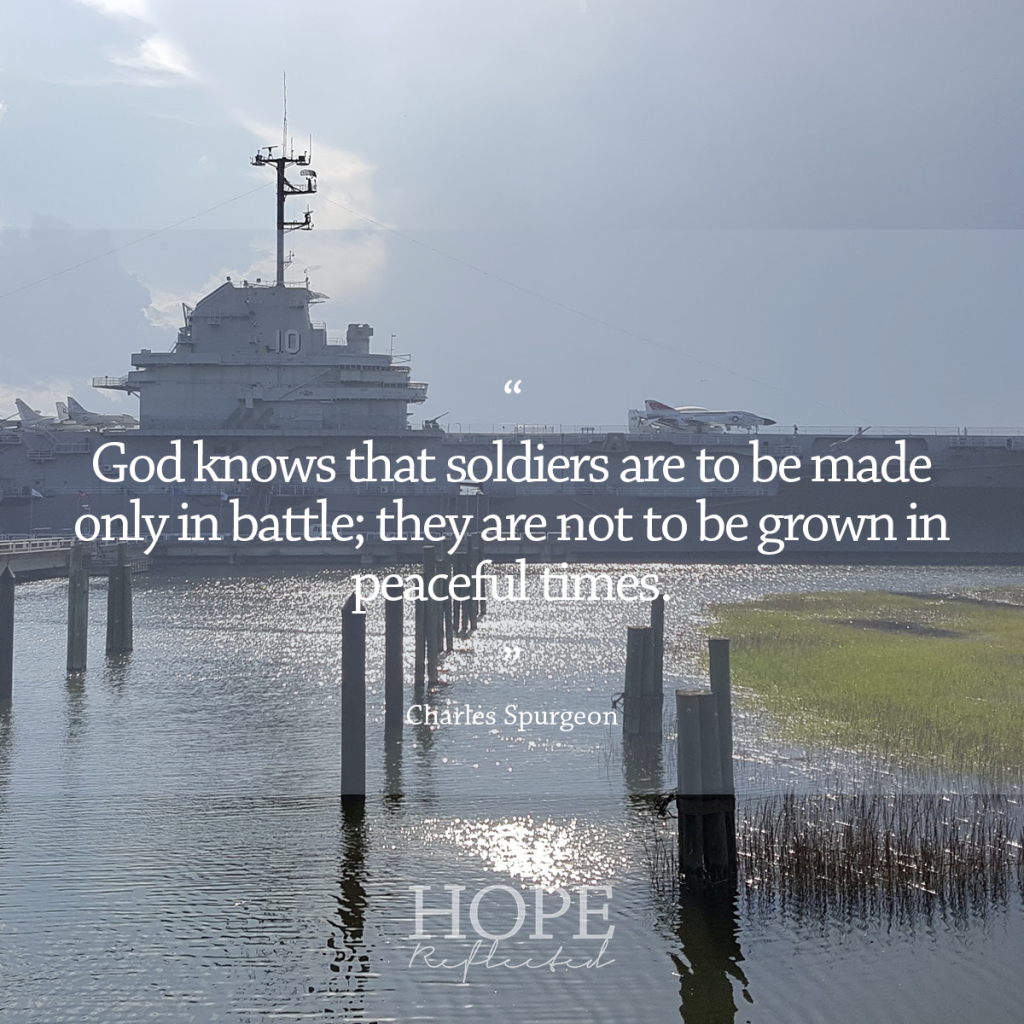
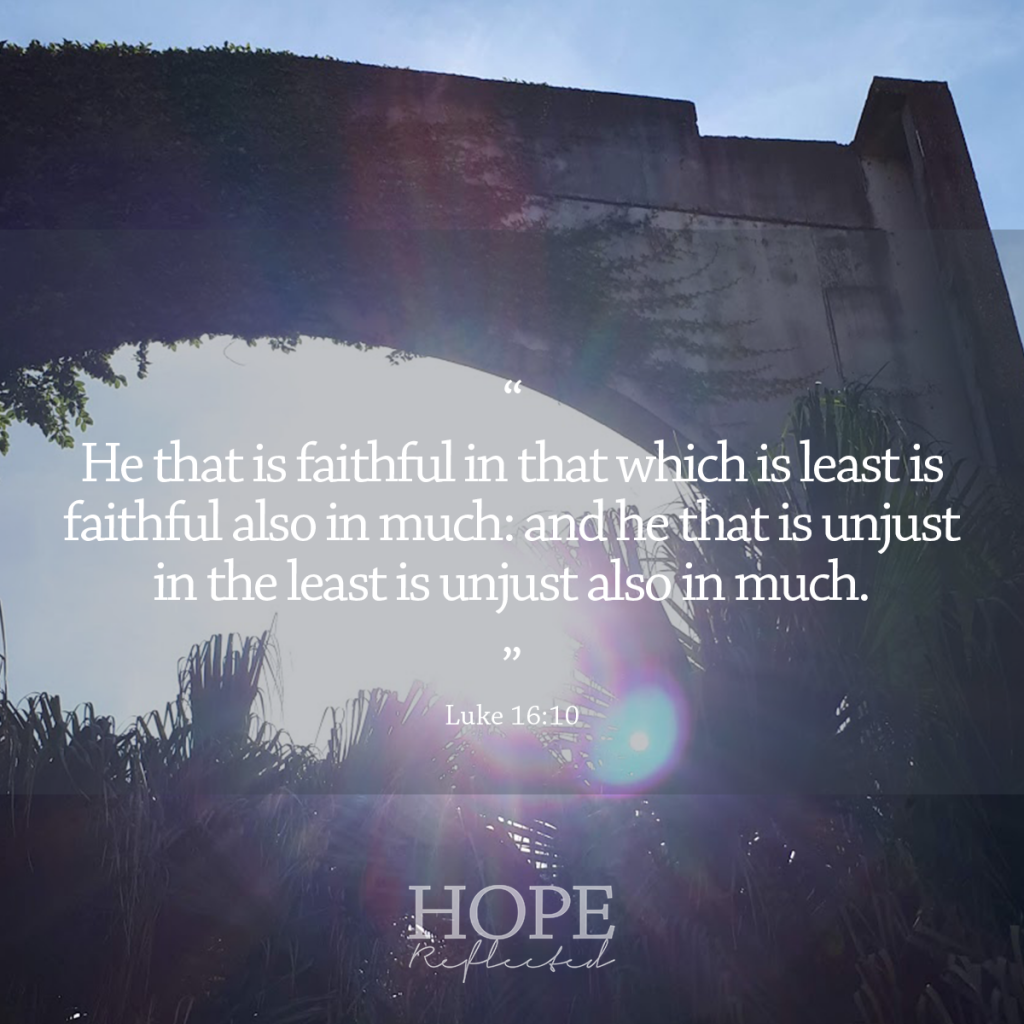
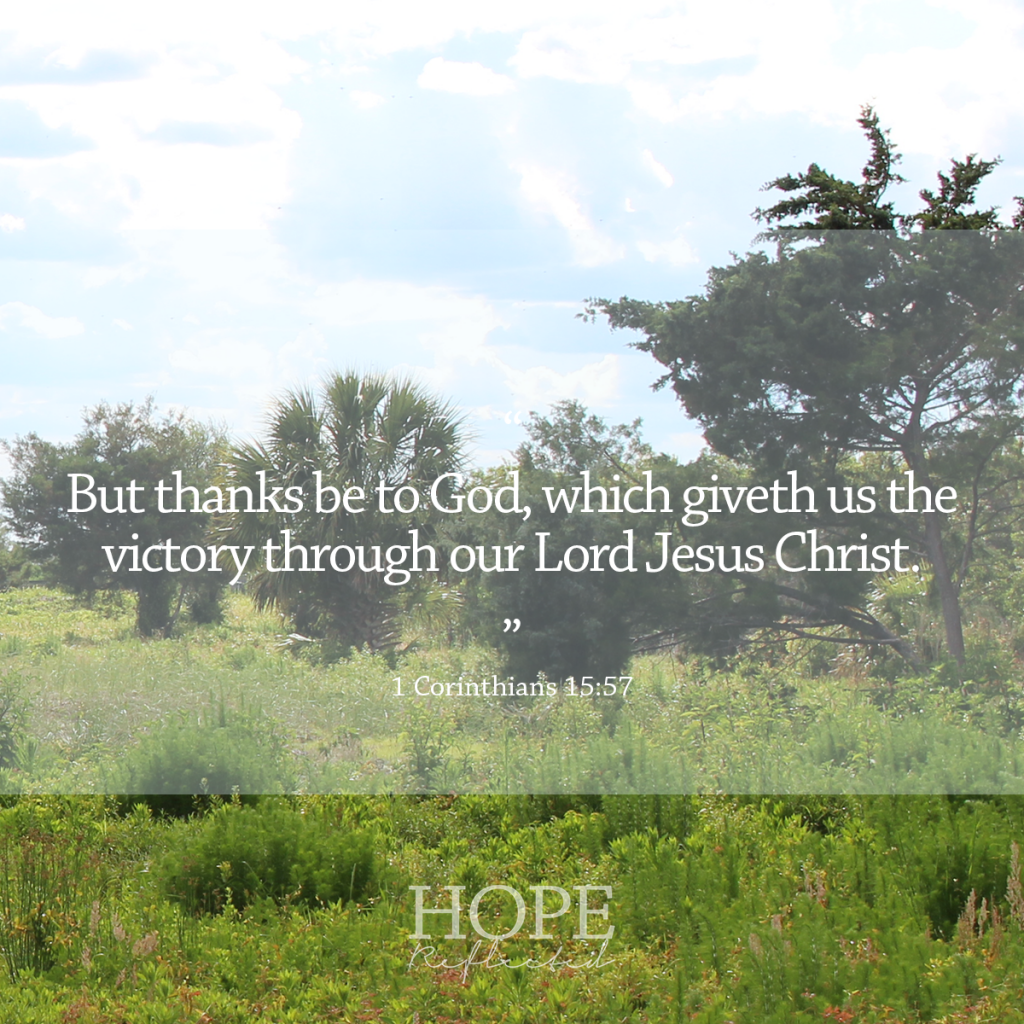
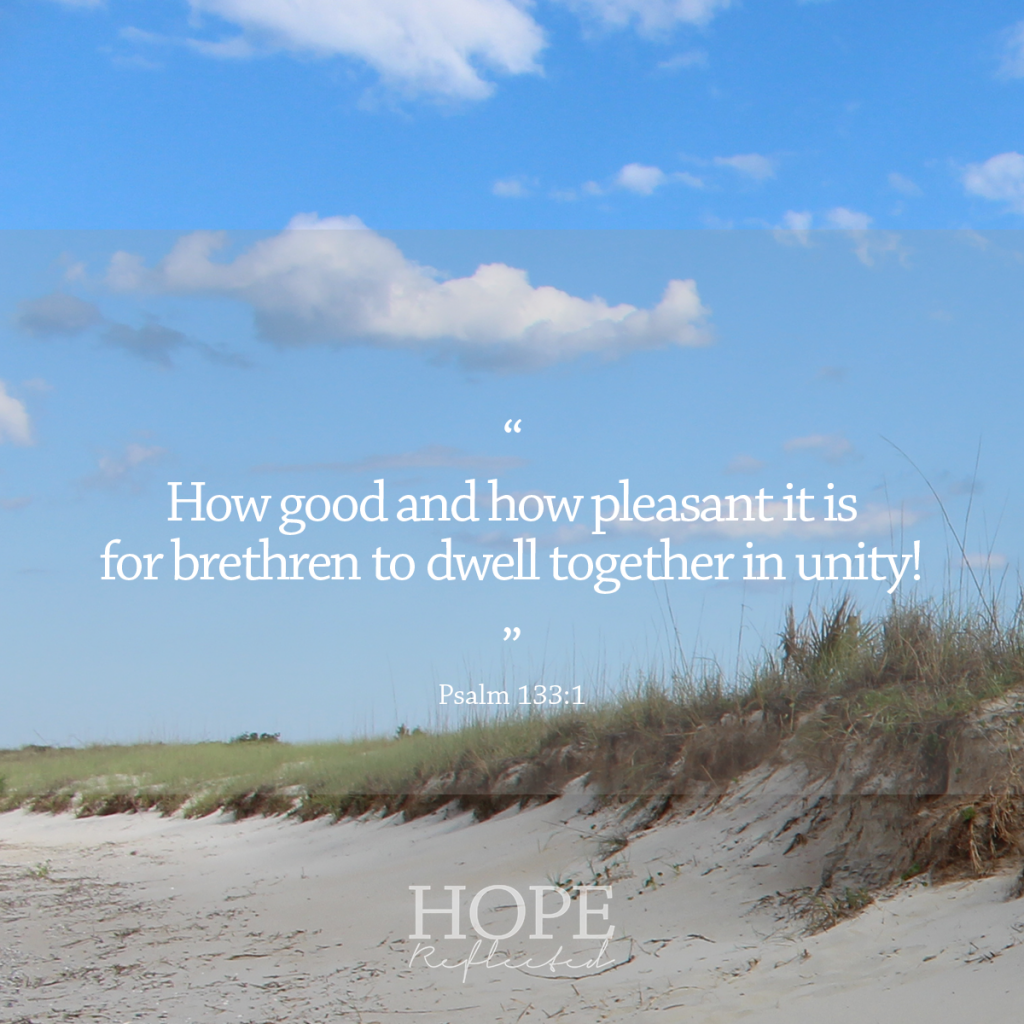
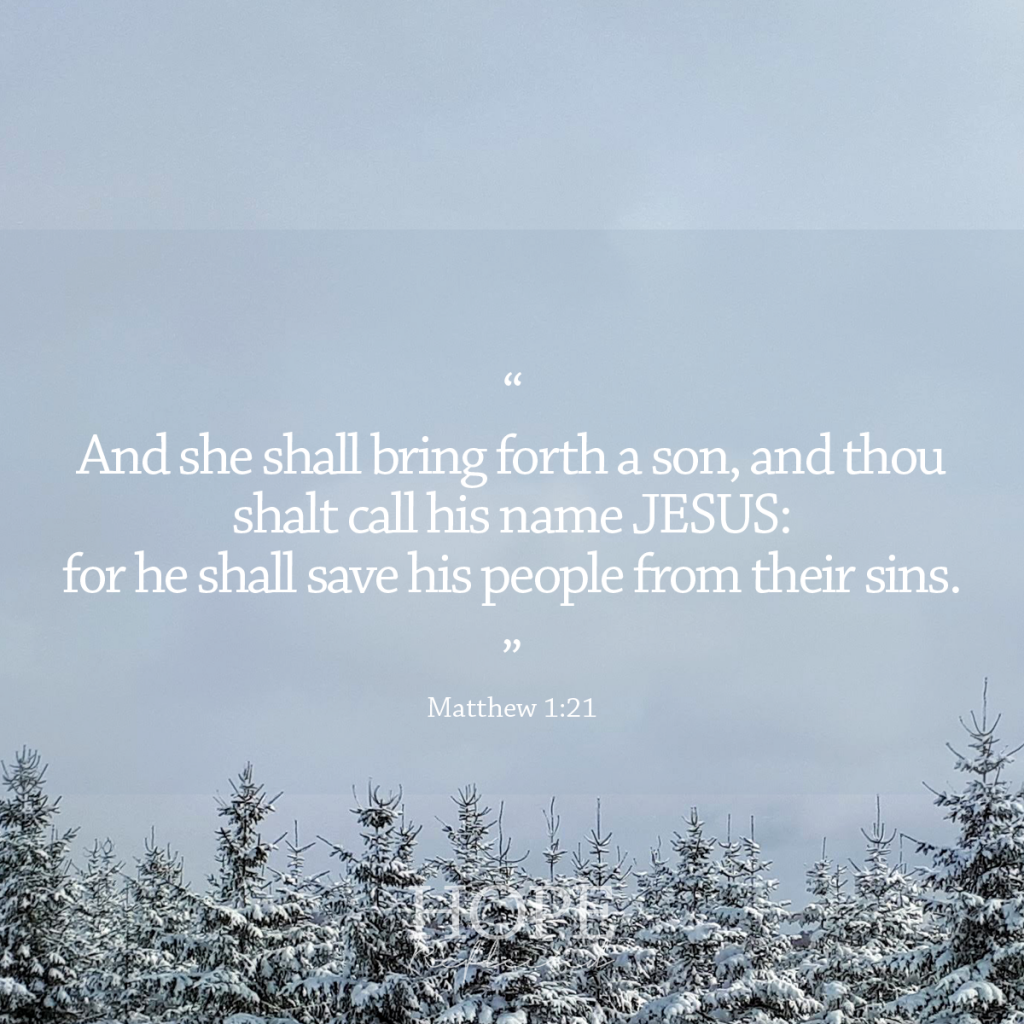
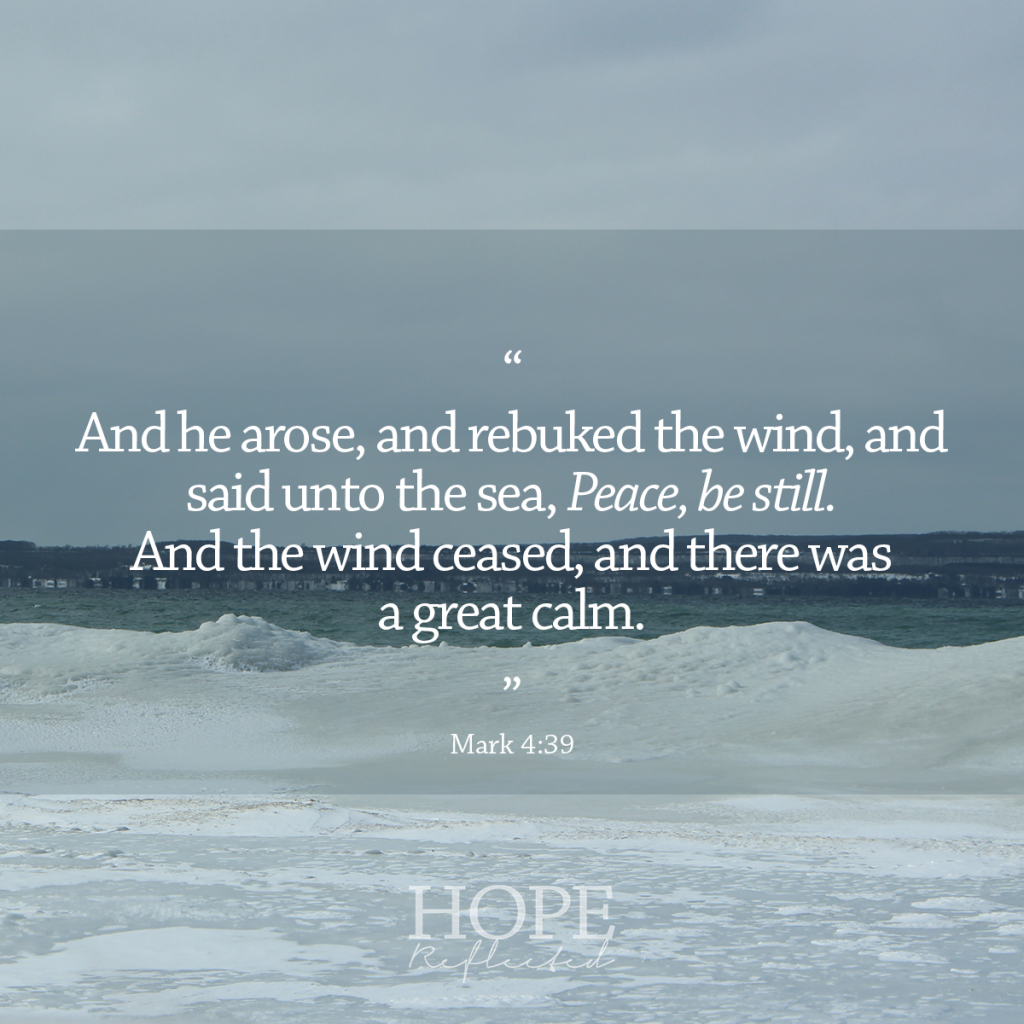
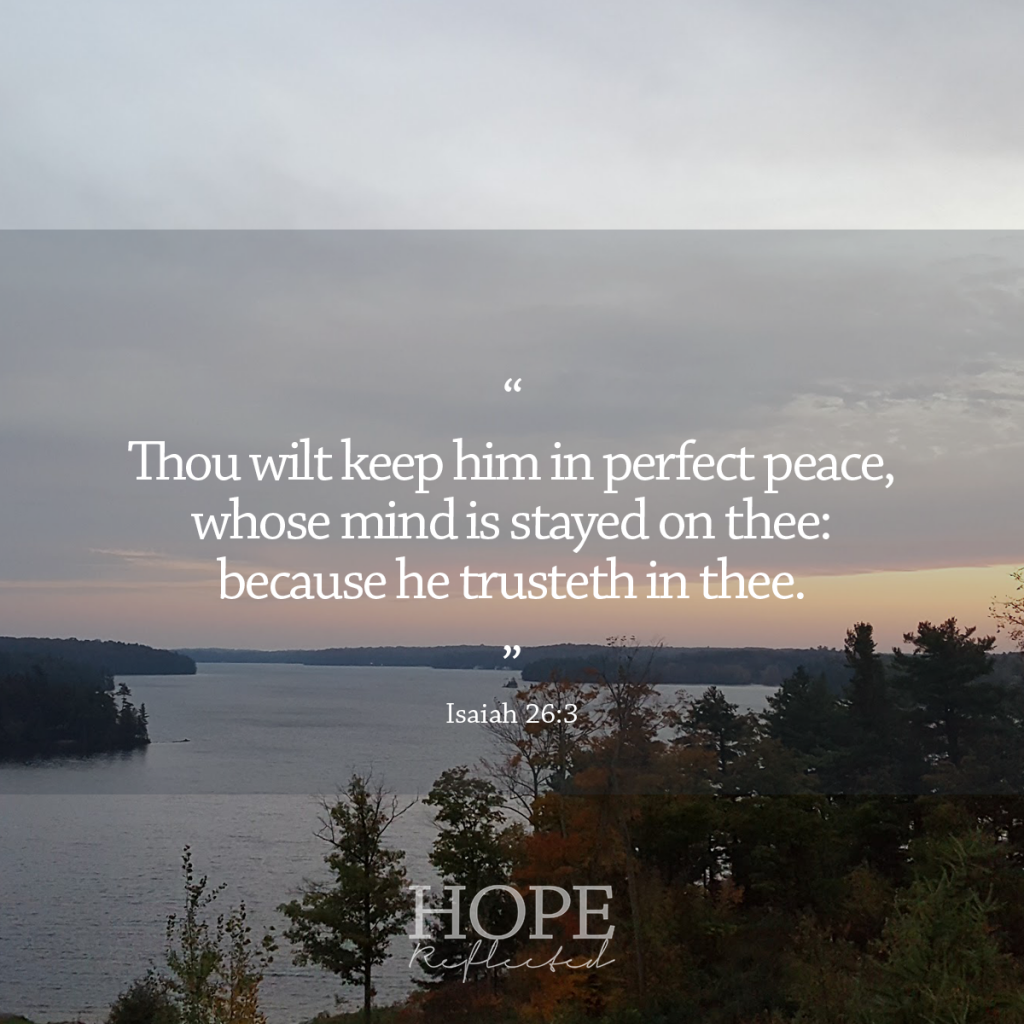
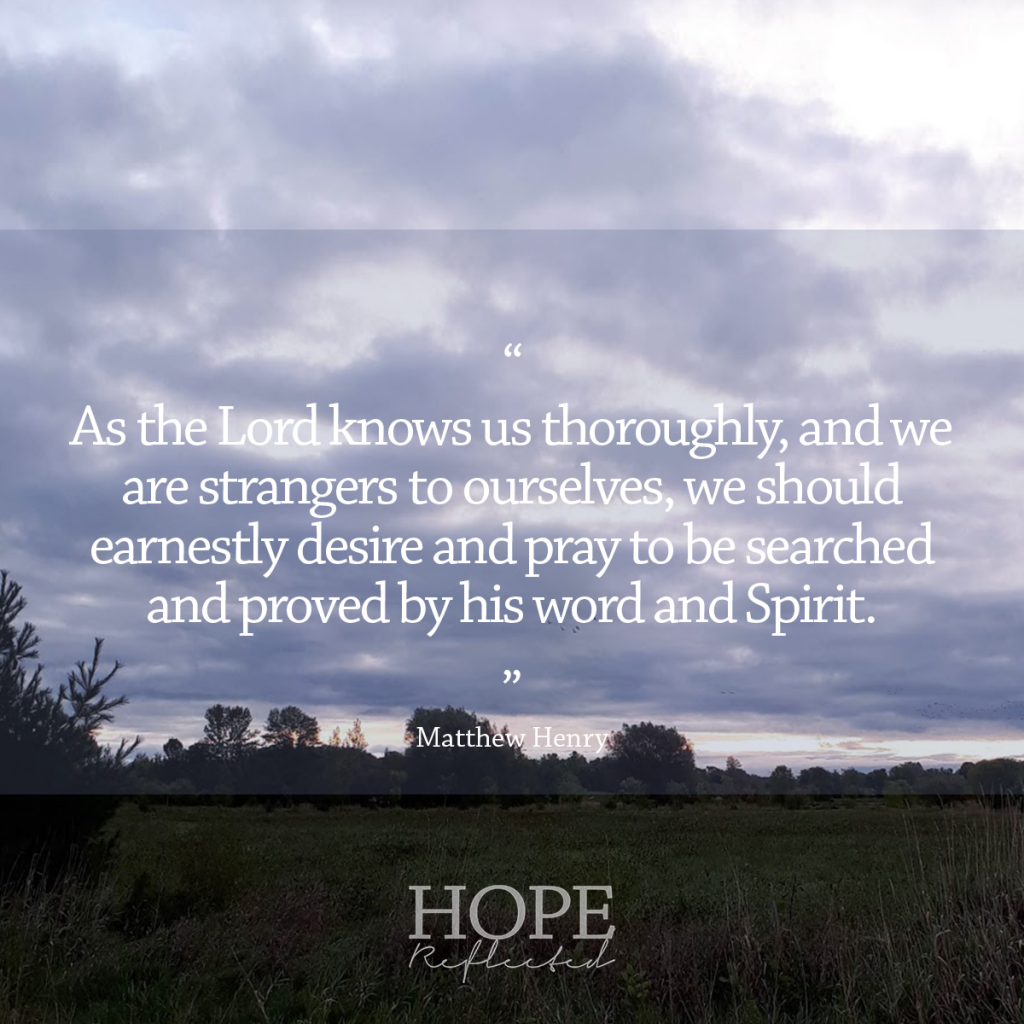


![False friends or counterfeit kindness; whatever you want to call it, the world is filled with people who will say one thing to your face and then another behind your back; people who will woo you in order to get something from you.
It’s sad, but it’s true.
The Bible provides us with examples from Joab to Judas, and yet, we’re surprised when we find ourselves deceived and hurt by someone else.
So what are some of the hallmarks of a true friend?
You can read more about this on hopereflected.com [Link in profile]
.
.
.
#friends #friendship #kindness #counterfeitkindness #hurt #proverbs #truefriends #hopereflected #blog #blogpost](https://www.hopereflected.com/wp-content/plugins/instagram-feed/img/placeholder.png)